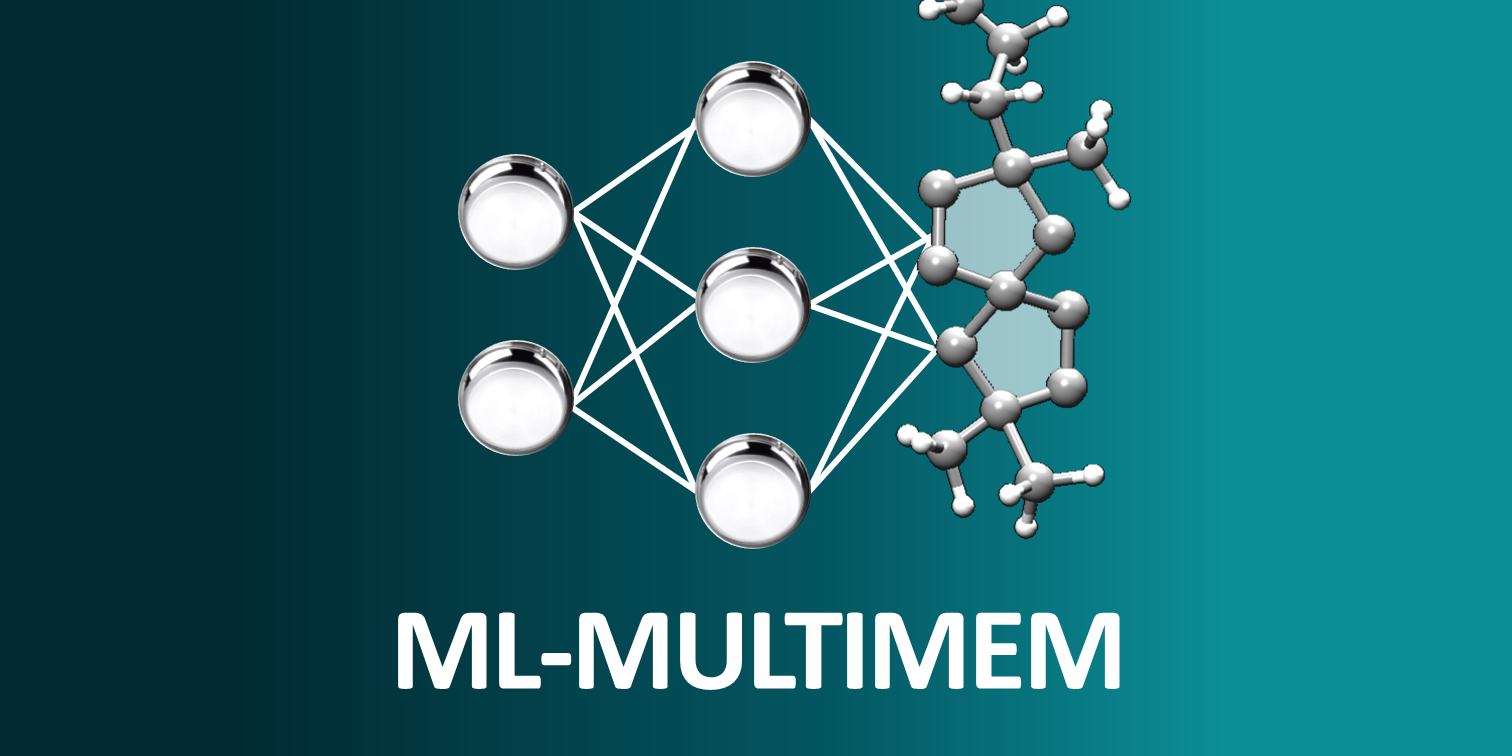Machine Learning-aided Multiscale Modelling Framework for Polymer Membranes
https://cordis.europa.eu/project/id/101030668

ACRONYM:
ML-MULTIMEM
START DATE:
15/11/2021
LATE DATE:
15/11/2023
FUNDING SOURCE:
H2020-MSCA-IF-2020